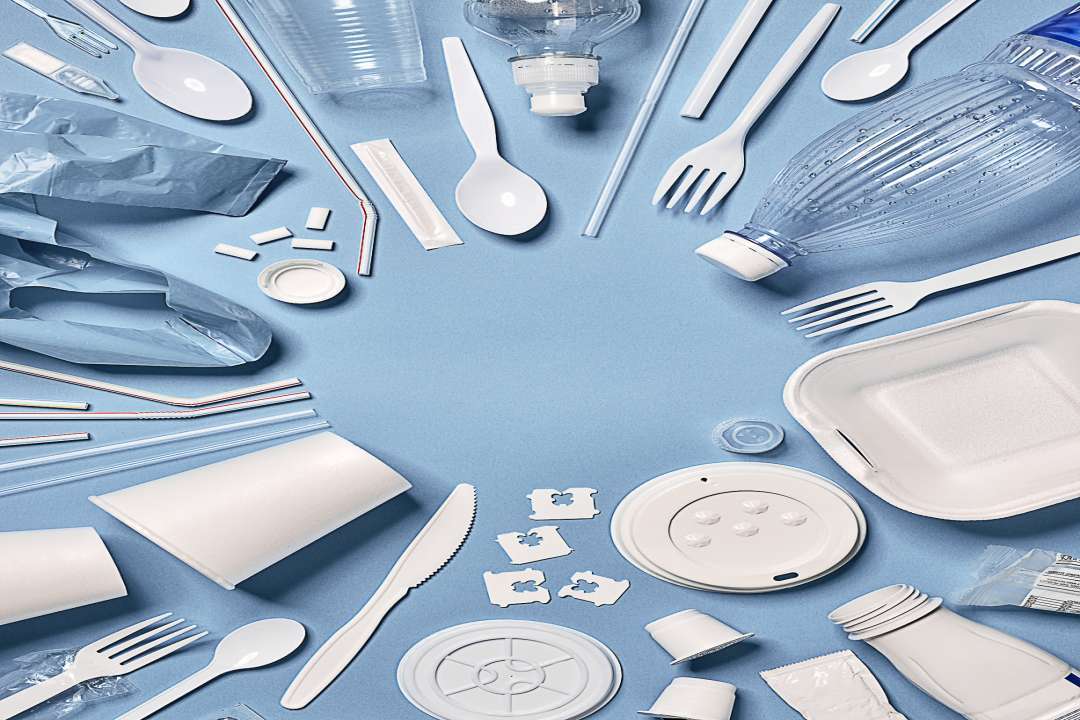SGS, a leader in Indonesia’s Technical Inspection and Verification Program, is alerting exporters about recent changes in trade regulations affecting the importation of luggage and bags, plastics, and hazardous chemicals into the country. Indonesia, the fourth most populous country in the world with a population of around 281 million, is the largest economy in Southeast Asia. The country’s annual imports total approximately USD 263 billion, with a GDP per capita of USD 13,900.
“The latest updates in trade regulations for luggage and bags, plastics, and hazardous chemicals are part of the government’s effort to protect micro, small, and medium enterprises (MSMEs), which account for 61% of Indonesia’s GDP and employ 97% of the workforce,” explained George Bottomley, Contract Manager at SGS. “Additionally, the government is concerned about revenue generation and public health and safety. Misdescribed imports could lead to lower duties, VAT evasion, or regulatory avoidance related to hazardous substances. Therefore, it’s crucial that an independent party verifies the accuracy of declarations before goods are exported to Indonesia.”
The Indonesian market for luggage and bags is expected to grow by 4.75%, reaching USD 4.60 billion by 2029, with a significant portion of imports coming from the EU. Businesses wishing to import textiles and bags must obtain the appropriate import permit from the Ministry of Trade (MOT).
There are three categories of permitted imports in Indonesia: General import permits for consumption (API-U) for trading purposes, import permits for producers (API-P), and import permits for suppliers of raw or auxiliary materials (PPBB). These categories determine the specific import requirements based on the type of goods and the purpose of importation.The Ministry of Industry (MOI) has introduced new regulations that require importers of textiles, bags, and footwear to provide trademark certificates when applying for an import permit.
As of 2024, downstream plastics are now subject to pre-shipment inspection. Around 500 shipments of plastics are imported each month, predominantly from China, with 70% directed towards the food and beverage packaging sector. Additional industries, such as automotive, electronics, pharmaceuticals, and cosmetics, also contribute to demand.
The Ministry of Trade (MOT) launched an import licensing program in February 2024, outlining the specifications and quantities of different types of finished plastic products. The MOT’s technical inspection and verification program plays a crucial role in enforcing these regulations, which aim to address concerns related to low-priced imports, unfair trade practices, and potential health, safety, and environmental risks.
Chlorine is the most frequently imported hazardous chemical in Indonesia, used across various industries. However, exposure to chlorine gas can cause significant health risks, such as irritation to the eyes, throat, and lungs, even at low levels.
The Ministry of Industry (MOI) has classified hazardous chemical importers into two categories. The first group consists of manufacturers and importers (API-P), who are prohibited from distributing hazardous substances further within Indonesia. This category is reserved for entities directly involved in the importation and manufacturing of such chemicals.
The second category includes general importers (API-U), who can import and distribute hazardous chemicals only if they are state-owned companies. These importers must also obtain a recommendation letter from the Ministry of Industry to be eligible to handle hazardous substances in the country. Manufacturers and importers (API-P) must obtain a recommendation letter from the MOI to comply with these regulations.
Bottomley recommends that exporters ensure buyers have completed the necessary checks before sending goods to Indonesia, including verifying the import permit and confirming that it remains valid upon arrival. “All Indonesian government regulations are in the local language and may use unfamiliar terminology, which can cause confusion for foreign suppliers. It’s essential to avoid delays in customs clearance due to minor regulatory missteps,” he added. SGS’s local offices and its partner KSO Sucofindo – Surveyor Indonesia are available to provide guidance for exporters with concerns about their shipments.
Since 2002, SGS has been collaborating with KSO Sucofindo – Surveyor Indonesia on Indonesia’s technical inspection and verification program. Initially focused on preventing substandard steel imports from undermining the local industry, the program has expanded to include a variety of commodity markets where inspection before shipment is critical. This includes textiles, chemicals, and other goods prone to misdeclaration or used for illicit activities.
SGS is a global leader in testing, inspection, and certification, operating over 2,500 laboratories and facilities across 115 countries. With more than 145 years of expertise, SGS ensures businesses meet the highest standards of quality, compliance, and sustainability.







